Year after year, the government has been allowing this easy scheme of plundering our banks -- a group of politically well-connected people will stretch their long arms and take loans from state-owned banks with all kinds of shady schemes. Then they will forget to pay back.
By the time the year ends, the government will replenish the plundered amount from the taxpayers' pockets. And who are these taxpayers? The lower middleclass and middleclass people who have to sweat it out just to avoid drowning in poverty.
No matter how much illogical, immoral, unethical and unjust this system is, this process bureaucratically nicely termed as “recapitalisation of banks” is being repeated by the government.
This year is no exception as Finance Minister AMA Muhith has set aside Tk 2,000 crore for the next fiscal year beginning July 1 from your and my pockets to pay off these “honourable entrepreneurs” who had to take the trouble of looting the banks.
You may moan and groan under the grind of the widespread imposition of VAT and all other kinds of taxation jugglery that will hoover away your hard-earned money, but isn't that for a good cause -- to help our “entrepreneurs” fatten effortlessly?
Even this passing financial year, our taxpayers had paid a similar Tk 2,000 crore for this “recapitalisation”. The corruption riddled state-owned banks -- BASIC, Sonali and Rupali -- could get their books cleaned with the money so that more marauders can come and loot them next year. After all, there has to be money in the bank tills to be robbed.
Since the Awami League came to power in 2009, our Samaritan taxpayers have paid Tk 14,505 crore, which is more than the amount for the Padma bridge mainframe, to the banks for their so-called recapitalisation all of which has been siphoned off by the bigwigs.
While the government has been so generous about the shady businessmen, it has fallen short of caring for the banks. Instead of reforming the banking system so that such ill efforts cannot take place, the government has been following laissez-faire capitalism approach.
It has conveniently forgotten its two-year-old promise to set up a commission to assess the activities of the banks.
And now even the bankers are fearful of the situation as reflected in a recent meeting with the Bangladesh Bank authorities where a number of managing directors have complained that borrowers are taking loans and then setting up second homes abroad with the money. The Global Financial Integrity has reported that only in 2014, Tk 72,872 crore has been laundered out of Bangladesh. In the last 10 years, one and a half times the proposed budget have been laundered this way.
More and more loans are becoming defaulted. In the last one year, Tk 11,000 crore turned bad which the banks will probably never be able to recover. Banks' recovery rate is only around 5 percent, which means out of every one hundred taka becoming default loans, the banks can recover only about Tk 5.
We can all recall how reluctant the government had been in catching the big bank scammers like the Bismillah Group, the Hallmark or the infamous former chairman of Basic Bank Abdul Hye Bachhu. That Bachhu was ruining Basic Bank, once a sound financial institution, was in everybody's knowledge. Only the government refused to act.
But why should it act if all the misdeeds can be financed from the pockets of you and I? And you and I act like lambs who do not protest, who do not clamour about things wrong and bad.
So we suffer.
news:daily star/4-jun-2017



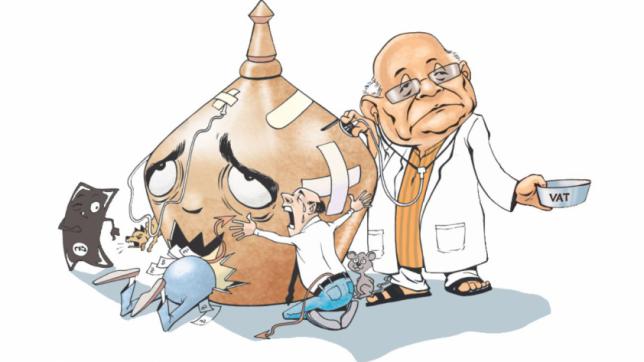
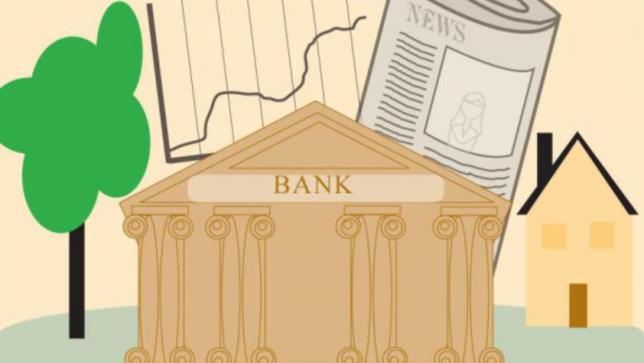
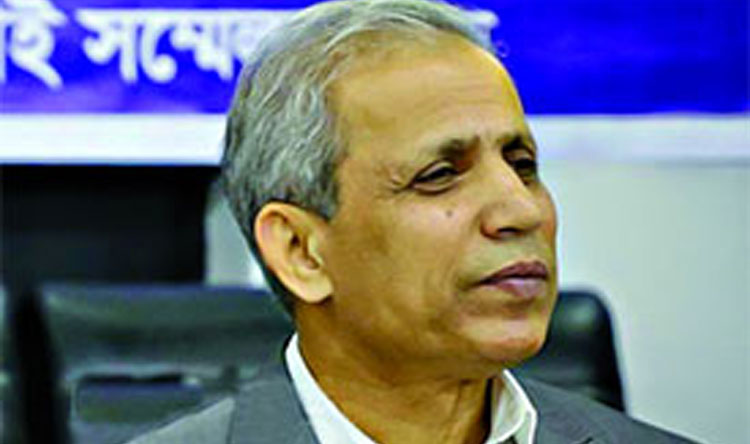 The country's apex trade body Saturday demanded of the government not to levy any excise duty on bank-account balance.
The country's apex trade body Saturday demanded of the government not to levy any excise duty on bank-account balance.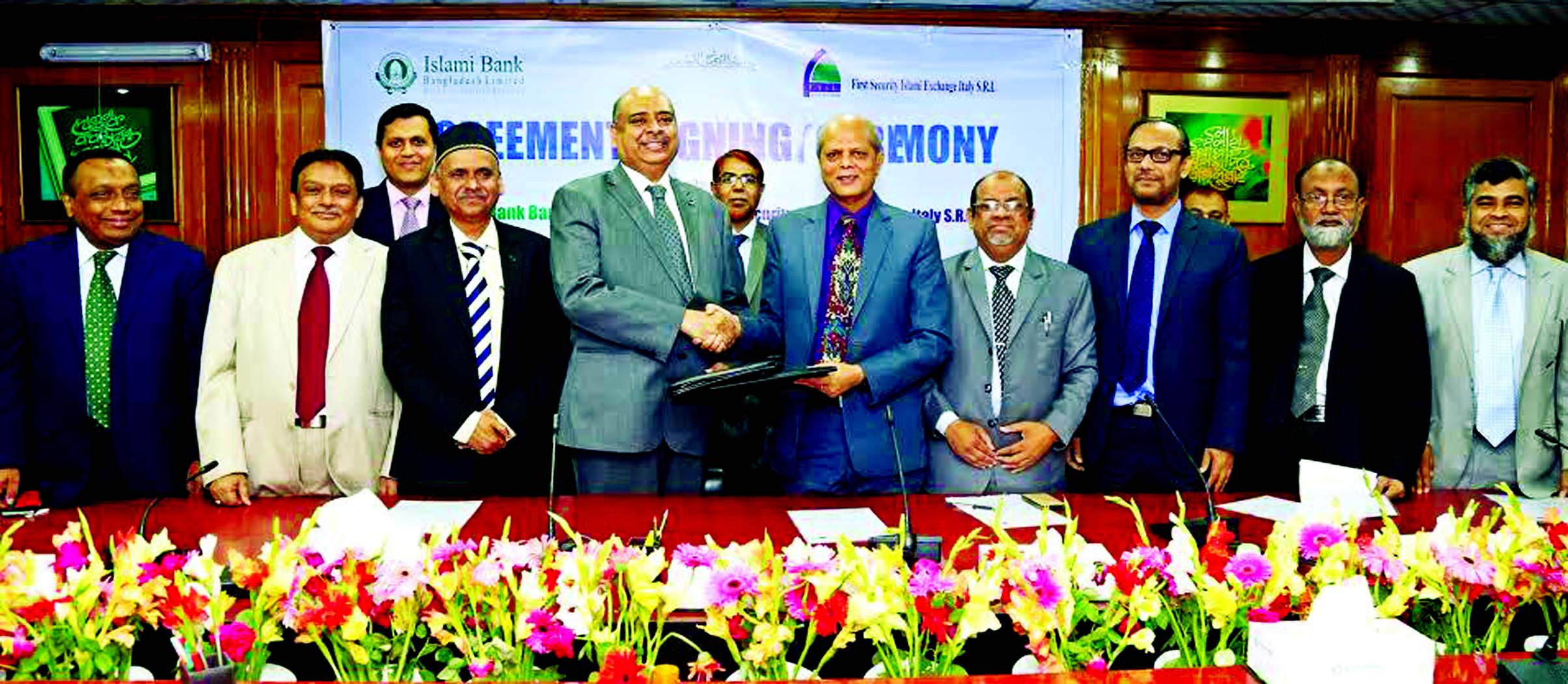 Md Abdul Hamid Miah, Managing Director of
Md Abdul Hamid Miah, Managing Director of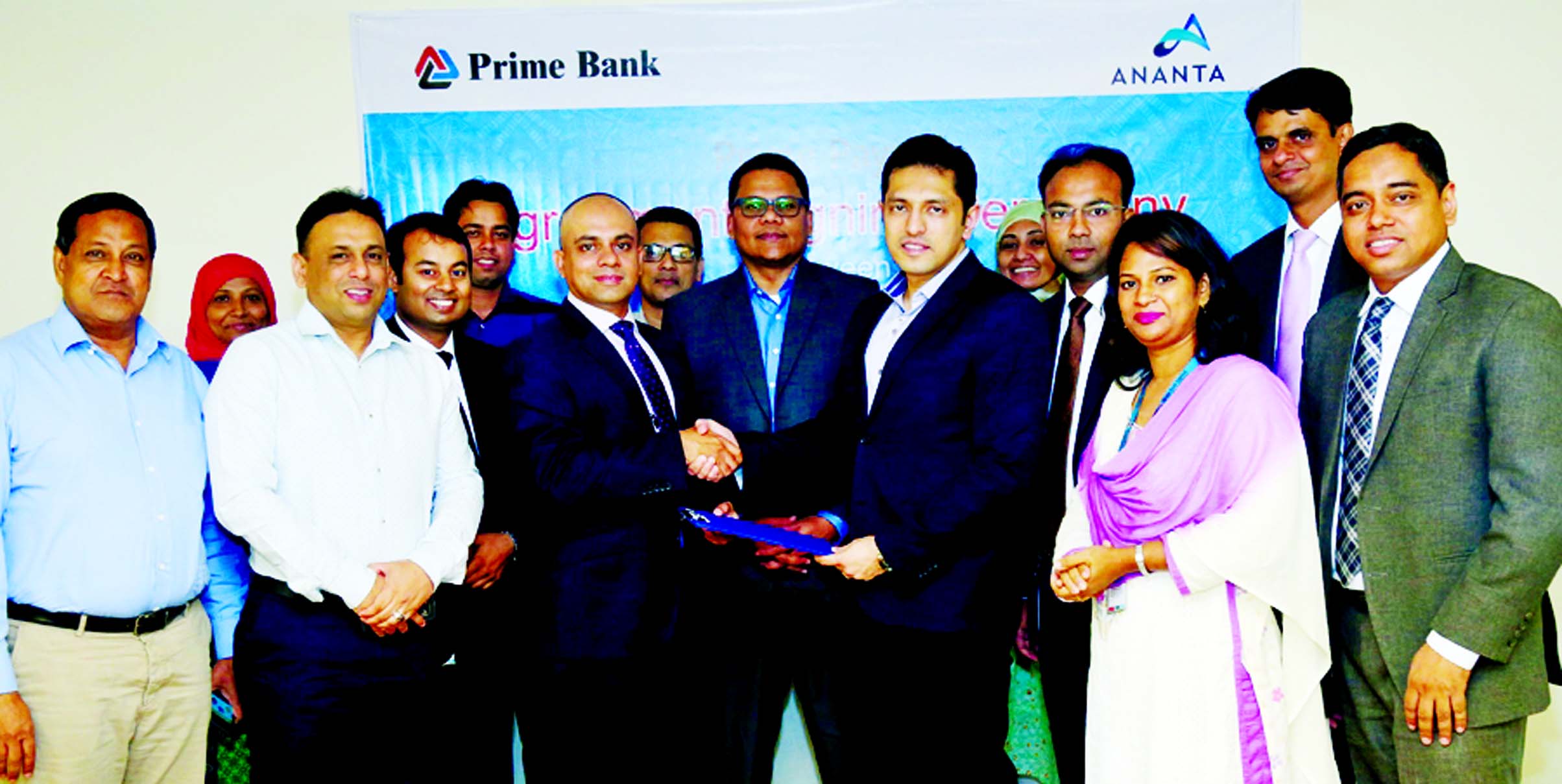 Mamur Ahmed, SVP, Consumer Banking Division of
Mamur Ahmed, SVP, Consumer Banking Division of